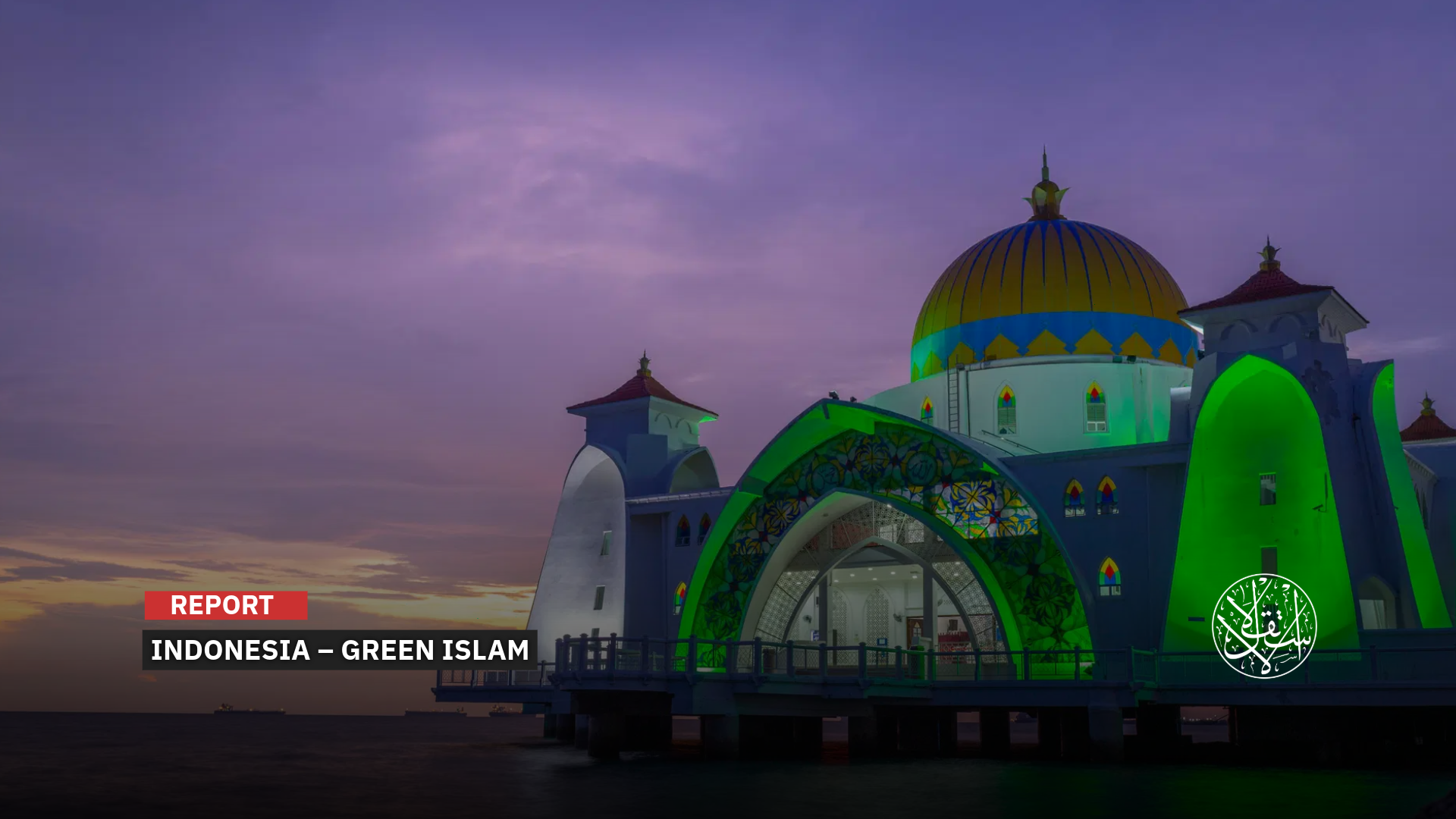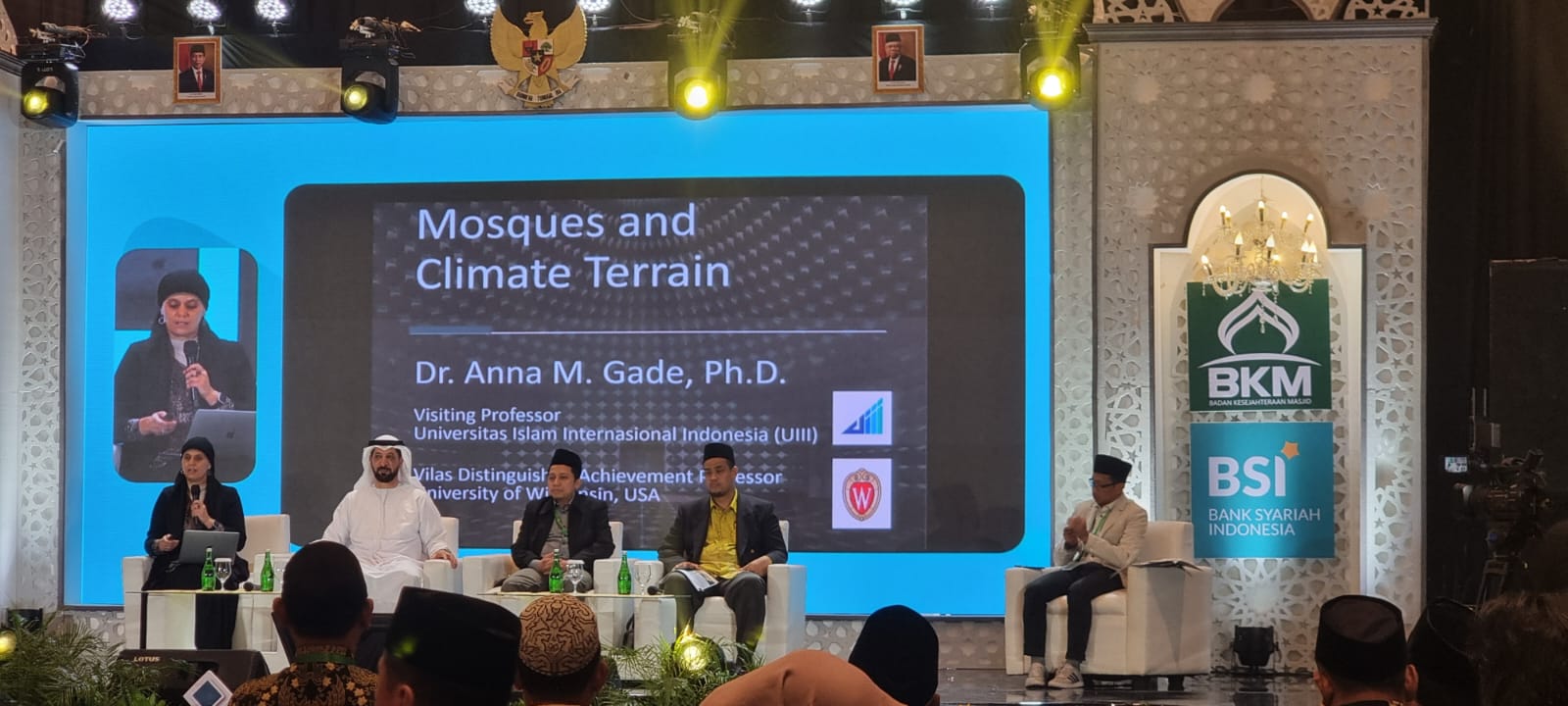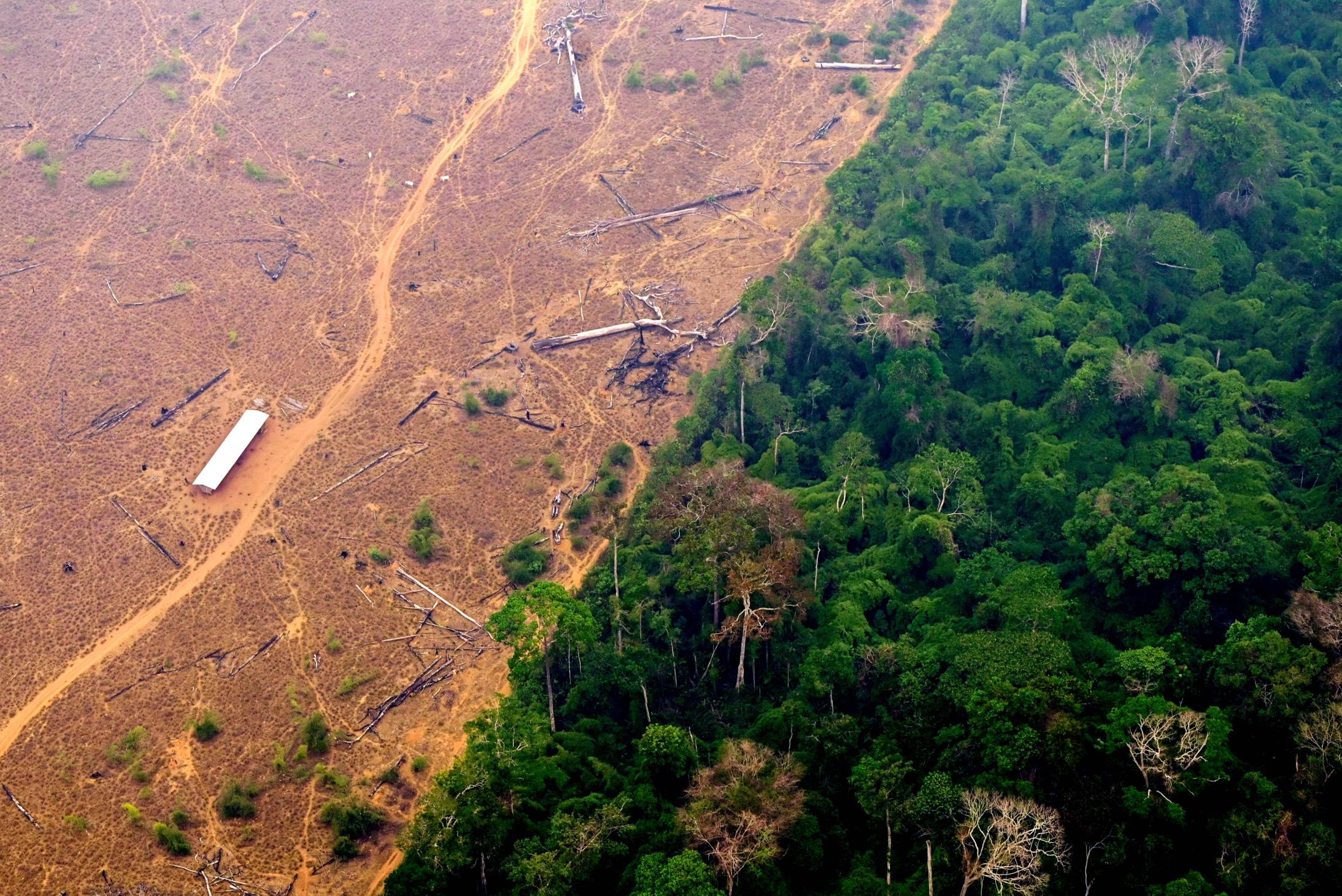Environmental Revolution: How the World's Largest Muslim Country is Facing Climate Challenges

“Jakarta’s Istiqlal Mosque has become the first place of worship to be green-certified by the World Bank.”
In Indonesia, the world's most populous Muslim country with 284 million people, religion is playing an increasing role in combating climate change, combining religious values with environmental commitment, offering an inspiring model for the Islamic world and the wider world.
Scholars, religious schools, and civil society organizations are working to make protecting the earth an integral part of daily worship and spiritual practice.
This trend is evident in remarkable field initiatives, such as the construction of eco-friendly mosques using recycled plastic and rice husks, and the conversion of hundreds of homes to a zero-waste lifestyle, promoting a culture of collective responsibility toward nature.
Friday sermons and religious lessons have also become a means of instilling environmental awareness by addressing issues such as pollution, water and electricity conservation, recycling, and forest conservation, alongside traditional religious education.
In parallel, the Center for Islamic Studies at National University recently launched the Eco-Pesantren program to integrate environmental issues into school curricula.
The Indonesian archipelago faces increasing climate challenges, including rising sea levels, devastating cyclones, air and water pollution, and biodiversity loss, along with a massive waste crisis that will exceed 11.3 million tons of unrecycled landfills by 2024.
Green Islam
Religious scholars and Islamic institutions in Indonesia, where Muslims constitute approximately 88% of the population, launched a series of pioneering initiatives last month that place environmental protection at the heart of religious practice, under the broad banner known as Green Islam.
These initiatives, according to their organizers, aim to emphasize that caring for the earth is not an intellectual luxury but rather a fundamental religious duty.
The capital, Jakarta, hosted meetings and workshops organized by religious and environmental organizations, emphasizing that protecting the earth is at the core of the Islamic faith.
The discussions focused on linking religious discourse with environmental action and the need to achieve equitable distribution of renewable energy and not restrict it to the affluent.
Islamic banks, led by the Indonesian Sharia Bank, have affirmed their commitment to the green economy, with funding for environmental projects increasing by more than 14% compared to last year, amounting to more than 15 trillion rupiah.
The bank has also launched projects to provide solar energy to poor villages through what are known as sustainable Zakat villages.
Major Islamic organizations continue to formulate what they describe as the jurisprudence of just energy transition, an effort that seeks to ensure that clean energy projects do not become a new source of injustice for the poor and those living in mining areas, who are often marginalized.
Local organizations presented practical models of Green Zakat and environmental endowment, where Zakat and charity funds are directed toward afforestation projects or alternative energy provision for the poor, transforming Islamic charitable work into a direct lever for environmental protection.
Some participants criticized the fact that clean energy projects in the country remain concentrated in the hands of large corporations, while remote villages remain outside the scope of their benefits.
They called for expanding local community participation in decision-making related to environmental projects.
These developments appear to paint a picture of Indonesia as a pioneer in integrating Islam and the environment, where faith meets action, worship combines climate justice, and Islamic economics combines sustainable development.
For her part, activist Rahma Shofiana of Greenpeace emphasized that the Green Islam movement has gained significant momentum in recent years.
She also noted the support of the Minister of Religious Affairs, Nasiruddin Umar, who serves as the Grand Imam of the Istiqlal Mosque, for the movement, thanks to his progressive vision on climate issues.

Environmental Revolution
Indonesia has witnessed a remarkable shift in environmental behavior within Islamic practices since the beginning of the current decade.
The city of Garut, West Java, announced the construction of the country's first twin eco-mosques, whose walls will be made from 12 tons of recycled plastic and 24 tons of rice husks.
The project is supported by the Welas Asih Islamic Boarding School, which has successfully convinced approximately 200 local families to adopt the zero-waste principle and aims to create a generation of peacemakers and changemakers.
The institute's director, Irfan Amali, said that converting waste in this way will contribute to saving thousands of trees.
Jakarta's Istiqlal Mosque, Indonesia's largest mosque, has become a low-carbon model after being fitted with 500 solar panels and a water recycling system. This reduces the mosque's electricity bill by 25%, and worshippers also use significantly less water for ablution before prayer.
With these environmental standards, Jakarta’s Istiqlal Mosque, which can accommodate approximately 200,000 worshippers, has become the first place of worship to be green-certified by the World Bank. It is also hosting the first Islamic conference for a Sustainable Indonesia.
Imam Umar, a symbol of the Green Islam movement, has stated that he aims to convert 70% of Indonesia's 800,000 mosques into eco-friendly mosques.
“One of our deadly human flaws is that we treat the earth as an ordinary thing. The more greedy we are toward nature, the closer the Day of Judgment will come,” he said.
“As the country with the largest Muslim population in the world, we must set a good example for the Islamic community,” he added.
It's worth noting that Indonesia has also been a leader in issuing green sovereign bonds since 2018, with a cumulative value of $6.9 billion.
This comes despite the fact that some fossil fuel-related projects continue to receive financing from public and private Islamic banks, which are considered less stringent in their environmental and social standards.

Sustainable Development
The Green Islam movement also enjoys support from Nahdlatul Ulama (NU) and Muhammadiyah, the country's two largest grassroots Islamic organizations with prominent roles in education, health, and social work.
NU has employed Indonesia's well-known environmental activist Ak Abdullah Quddus in its ‘Spiritual Ecology’ program, which uses Islamic teachings to promote environmental conservation.
The Indonesian Ulema Council, the country's top Islamic religious body, issued a fatwa in March 2024 affirming that all actions that harm nature or the environment and contribute to the climate crisis, including deforestation and excessive emissions, are forbidden in Islam.
On the political front, the Green Islam movement has become influential and effective.
The government of former President Joko Widodo confirmed its collaboration with scholars, Islamic communities and leaders, and Islamic organizations to set a goal of achieving net-zero emissions by 2060.
The Ministry of Environment and Forestry signed a partnership agreement with NU to improve environmental management and sustainable forestry.
However, controversy escalated after President Widodo's decision, shortly before his term ended in June 2024, to grant these two organizations coal mining concessions, ostensibly to financially empower them. This decision was met with widespread criticism.
In January, NU established a company to manage 50,000 hectares of these concessions in eastern Borneo.
It's worth noting that the Ulema Council issued a fatwa in 2011 prohibiting environmentally destructive mining activities.
However, a video published by Greenpeace in June 2025 revealed the extent of nickel exploitation in the biodiversity-rich West Papua archipelago, sparking widespread controversy.
Indonesia is the world's largest exporter of thermal coal and also the largest producer of palm oil, resulting in significant carbon dioxide emissions due to the annual deforestation of large areas for palm oil production or mineral exploration.
Forest fires and floods have also increased in intensity due to extreme weather conditions caused by rising temperatures.
It also has vast reserves of nickel, which is used in electric car batteries, but its processing requires the burning of fossil fuels.

President-elect Prabowo Subianto has launched a campaign to expand biofuel production, which could potentially lead to further deforestation and pollution.
This economic model would harm the population, especially since greenhouse gas emissions from power plants and deforestation significantly impact the health and livelihoods of rural residents.
Many remote and poor provinces in Indonesia suffer from regular droughts, which also exacerbate poverty in the country.
Environmental activist Yamen Omran explained to Al-Estiklal that a recent survey found that Indonesian Muslims listen more to religious leaders than to officials, the media, and the president, giving these initiatives greater power than government policies in changing societal behavior.
“Successful experiences in reforestation, building energy-efficient mosques, and cooperation between religious and environmental associations have proven that Green Islam is not just a slogan, but a practical, applicable vision,” he added.
He concluded by saying, “I hope that Indonesia's experience will become a model for other countries to emulate, leveraging religious and spiritual values to address global environmental challenges and setting a practical example that links religion with preserving the planet for future generations.”










